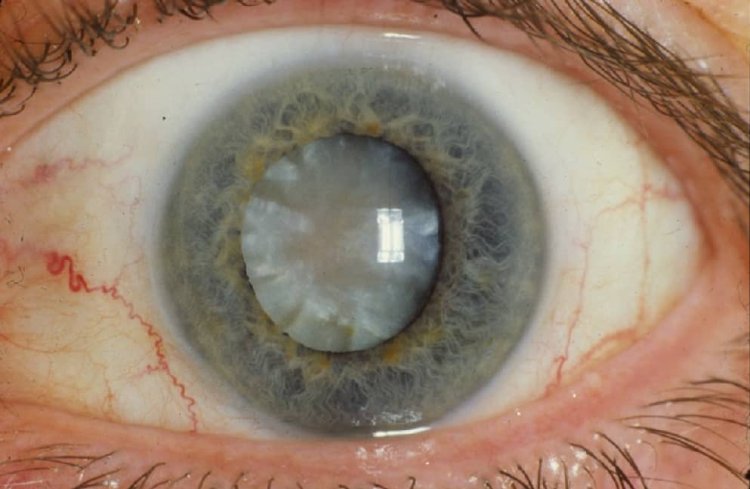Blind Man Facing Pain and Poverty

It’s the peak of summer, the heat is unbearable, and the temperature is rising. Crowded streets are filled with people pushing their way through. Street vendors have lined both sides of the road.
Among them stands a man, completely blind in both eyes, cautiously positioned by the roadside. In one hand, he carries two bottles of water—seemingly for sale—and in the other, he grips a stick.
This is 40-year-old Shamsul Haq, a man of unwavering determination who, despite total blindness, has refused to let the darkness consume his life. Through resilience and hard work, he now supports his family by selling water and snacks along the streets.
“I lost my vision 17 years ago due to diabetes,” he says. “I used to work in agriculture, but once I lost my eyesight, there was no other path left. So I began selling water and small items to provide for my family’s needs.”
For years now, Shamsul Haq has stood by the roadside selling goods. It’s not easy work, but he says he has grown used to it—it’s the only way he can earn a living. Many days he returns home empty-handed, yet he never stops trying.
“I have five daughters—all girls,” he explains. “I have no choice but to work because there is no one else to support them. Most days I don’t make a single sale, but I keep going, because my children are waiting for me.”
From morning until evening, he stands in the scorching heat selling water, making only 50 to 100 Afghanis a day—a meager income that isn’t even enough to cover his family’s most basic needs. He admits that many days he earns nothing at all and returns home with empty hands.
But more than poverty, what hurts him most is the way society treats people who are blind. He is deeply saddened by the lack of respect and support for visually impaired people in Afghanistan.
With a pained smile on his lips, he says: “I wish I had been born blind and had never seen this world. That would have been easier. It’s been 17 years since I’ve seen anything but darkness. I’ve visited countless doctors and spent so much money, but nothing helped. I’ve lost hope.”
Shamsul Haq now lives with his family of five in an old, deteriorating building. His greatest wish is to once again see the faces of his wife and daughters. “Years have passed since I last saw them,” he says. “If I could have my sight back for just one day, I’d want nothing more than to see their faces. That would be enough for me.”
He insists that blindness alone hasn’t broken his spirit—it’s the lack of opportunity and support that causes him the most pain. He urges charitable organizations, international bodies, and the government to create job opportunities and provide vocational training for blind people.
“We, the blind, are not a burden on society,” he says. “If we are given the chance to work, we can stand on our own feet. If I had access to vocational training, I wouldn’t be selling water on the streets today.”
Shamsul Haq also has a message for young people: make the most of the opportunities you have. Get an education. Support your families.
Though he has lost his vision, he says the blindness itself isn’t what hurts most—it’s the weight of helplessness and pain. Yet despite it all, his love for his family and his hope for a better tomorrow give him the strength to keep going.
